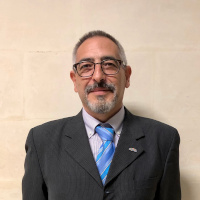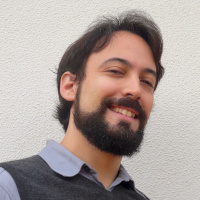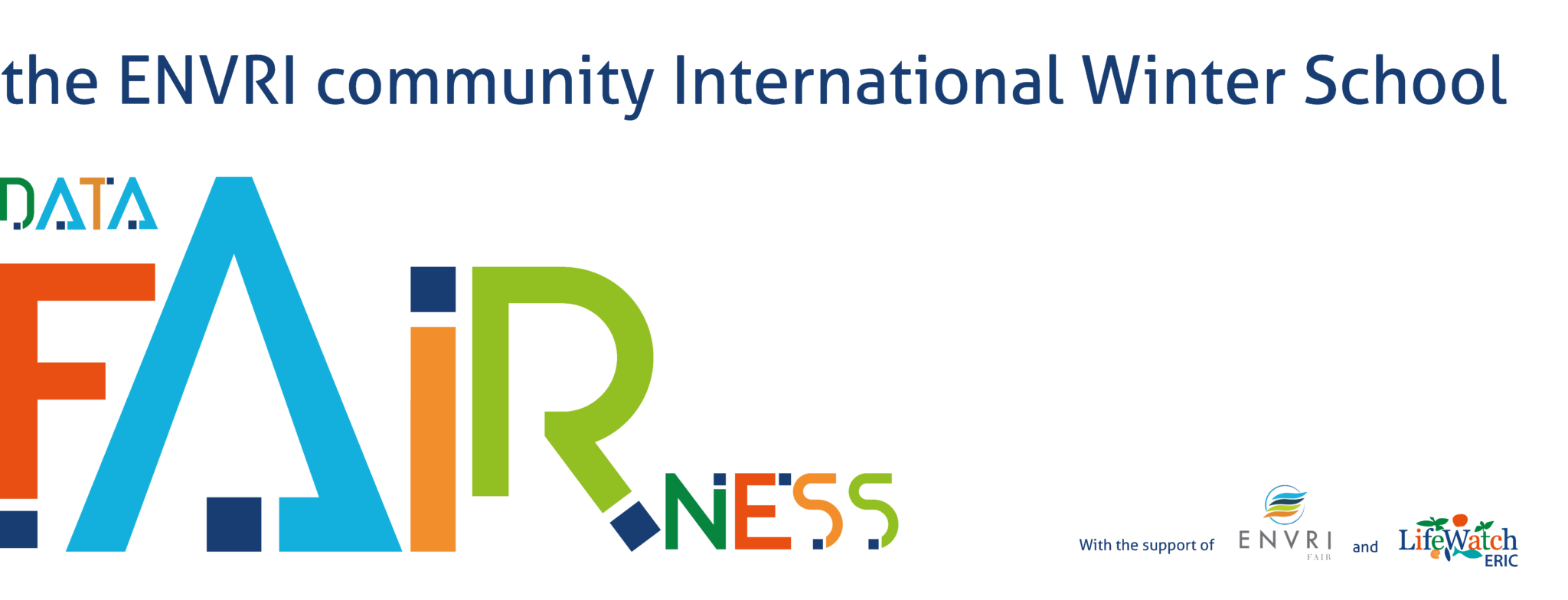Antonio José Sáenz-Albanés is the ICT e-Infrastructure Operations Coordinator of LifeWatch ERIC. He received a Diploma of Advanced Studies of the Official Postgraduate Programme in Engineering and Technology of the Information of the University of Seville. He has 29 years of experience in IT in both the private and public sectors. He was project manager of the “Centro de Gestión Avanzada” (CGA) for IT-supported educational centres in Andalusia for ten years, from its inception and planning to fully operational capabilities (hundreds of thousands of distributed computers, thousands of distributed servers and centres, and more than a million daily users.) His duties included deploying the complete ITIL services stack, standards-based security operations, large-scale continuous integration and deployment of software, services and hardware, and implementing DevOps operations. He was CTO of a private company for ten years, responsible for all the ICT teams (~250 in-house and world-wide distributed) managing every aspect of production and operations such as recruiting, training, strategic selection of technologies and partners, development and services methodologies, (ISO 9001:2000 using RUP-agile, ITIL, ISO 27000, CMMi) and the management of the projects portfolio. He also coordinated the R+D+I and defined the strategy and partner selection. He deployed several virtual research environments: nationwide electric grid planning, improvement and adaptation of the biological station of Doñana to LifeWatch, and scenario-based water innovation and research laboratory (continental waters management). He was also Associated Lecturer in the Languages and Information Systems Department of the University of Seville.
Dr José María García-Rodríguez received an MSc degree (Hons.) in computer science and software engineering from the University of Seville, Spain in 2008 and a PhD on technology and software engineering from the same University in 2012. From 2006 to 2013, he was a Research Assistant with the University of Seville. From 2012 to 2015, he was a Postdoc Researcher and Assistant Professor with the Semantics Technology Institute of the University of Innsbruck, Austria. In 2015, he rejoined the University of Seville as an Assistant Professor, and since 2019 he has been an Associate Professor with the Applied Software Engineering Group, Smart Computer Systems Research and Engineering Lab, Research Institute of Computer Engineering, University of Seville, Spain. He has published more than 20 articles as conference papers, workshop papers, technical reports and journal articles. His research focus is on blockchain, semantic web technologies, service-oriented architectures and linked data.


Dr Ute Karstens is a researcher at Lund University working at the ICOS Carbon Portal. She holds a PhD in Atmospheric Sciences and has more than 20 years of experience in analysis and modelling of atmospheric processes, including trace gas transport modelling and inverse modelling for the estimation trace gas fluxes. At ICOS Carbon Portal she is responsible for the coordination of elaborated products based on ICOS measurement data and services to support ICOS scientists.
Dr Claudio D’Onofrio is a data scientist at Lund University working at the ICOS Carbon Portal. He has a MSc degree in human computer interaction and a PhD in engineering. He has 20 years of working experience in Information Technology within the private and public sector. In his current role the focus is on data life cycle, data FAIRness, provenance and tracking and corresponding ontologies for meta data. Further he is leading the development of a python library to simplify access to ICOS meta data, data and observations.


Dr Karolina Pantazatou is a junior scientific programmer at ICOS Carbon Portal, Lund University. She holds a BSc in Informatics and a MSc in Geo-informatics. She has worked as a project assistant, a scientific programmer and a GIS engineer in various interdisciplinary projects focusing on climate change, remote sensing, spatiotemporal demographic analysis and city planning. She has held workshops on how to use GIS-tools and Python-programming for researchers, PhD students and university students. At the Carbon Portal, she is developing user friendly Jupyter notebooks that process and analyse ICOS data products, targeted for education and research.
Dr Ida Storm is a project assistant at Lund University working at the ICOS Carbon Portal. She holds a BSc in Geography/Environmental Studies and a MSc in Geographical Information Systems. She is currently also working part-time at Gothenburg University’s Center for Digital Humanities and has worked in various interdisciplinary projects where GIS is a component. At the Carbon Portal, she is developing user friendly Jupyter notebooks based on ICOS data and services to support ICOS scientists.


Nicola Fiore is the ICT Coordinator of the LifeWatch ERIC Service Centre. He is Dr. Eng. Computer Science and has a PhD in Computer Engineering. He has 17 years of working experience in IT, in the field of the design and development of Information Systems in both the private and public sectors, and 10 years of accredited professional experience in the area of Biodiversity and Ecosystem Bioinformatics research. His research activities include the definition of common policies, models and e-infrastructure to optimise technological implementation; definition of workflows; and coordination, harmonisation, integration and interoperability of data, applications and other services. He is one of the member of the Vocabulary Services Interest Group leading the Ontology Market Place working group in the framework of the Research Data Alliance.
Lucia Vaira is the Web Portal Officer of the LifeWatch ERIC Service Centre. She is a Computer Engineer and received her PhD from the University of Salento in 2016. Her research interests include (meta)data modelling, data warehouses, bioinformatics, and all aspects related to the main issues existing when dealing with data (security, quality, incompleteness, inconsistency, integrity, uncertainty, etc.). She has more than 5 years of experience in training and education for courses dealing with information systems, databases and information security. She is author of more than 30 scientific publications and serves as Program Committee member of several workshops and conferences in the Computer Science field.


Dr Zhiming Zhao is an assistant professor at University of Amsterdam (UvA). He leads the “Quality Critical Distributed Computing” research team in the group of Multiscale Networked Systems (MNS) at the System and Networking Lab (SNE). His research interests include big data management, Cloud and edge computing, software engineering, and blockchain. He leads the development support WP in ENVRI-FAIR and the VRE development in the “LifeWatch-ERIC Dutch Virtual Laboratory Innovation Center”. He is also the UvA PI in CLARIFY, ARTICONF, SWITCH and several other projects. https://staff.fnwi.uva.nl/z.zhao/

